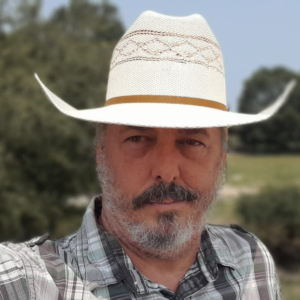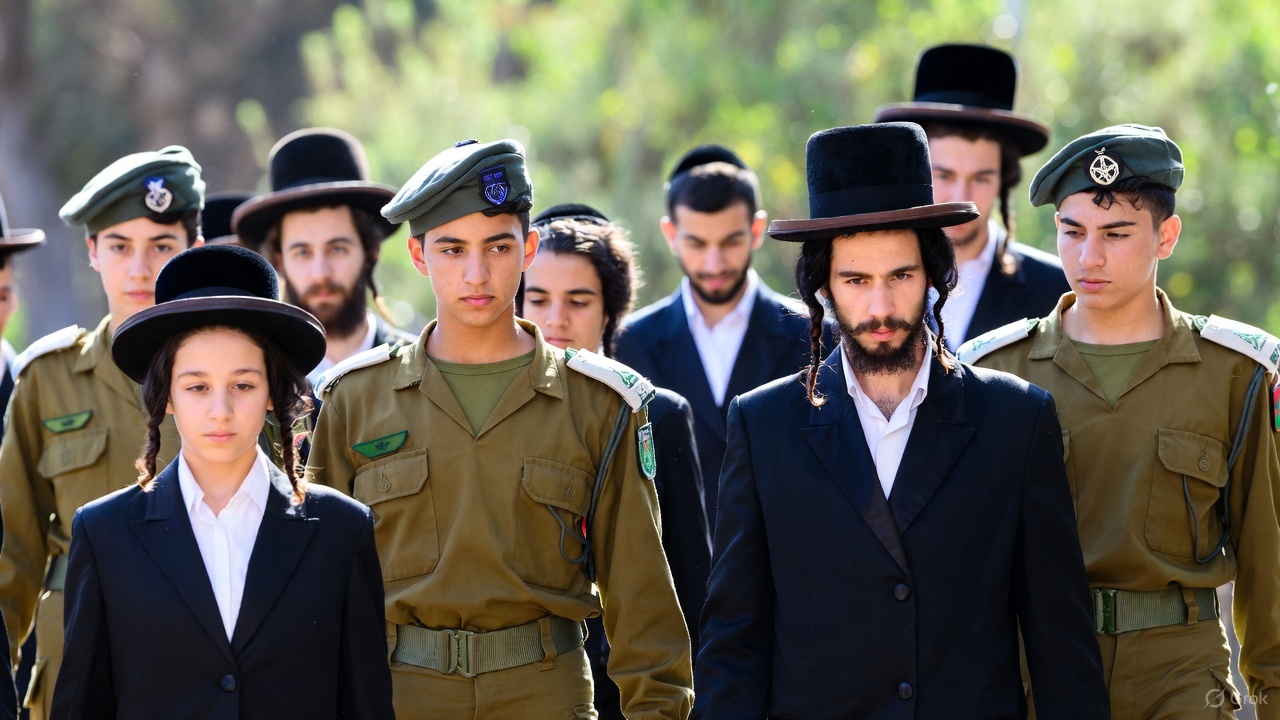You may have heard the line in one form or another.
“Almost half of all IDF exemptions go to the “secular” Israelis. So why are people so obsessed with Haredim? Plenty of Jews don’t serve.”
The statistic is true.
Now let’s finish the sentence.
Secular Israelis receive roughly 46 percent of the exemption certificates because secular Israelis are 45 percent of the population.
Haredim are 13 to 14 percent…but make up 45% of the exemptions, not 13 or 14%!
Do the math.
One group is exempted at roughly the same rate as every other Israeli, mostly for common medical, psychological, or family-hardship reasons.
The other group, less than one-seventh of the population, is responsible for almost the same number of empty seats in the barracks.
It is not the same thing.
The argument gets even weaker when people broaden it further, as some do.
“What about American Jews? What about French Jews, British Jews, or Canadian Jews? They don’t serve either! Why single out yeshiva students?”
That sounds like a gotcha until you think a bit.
Diaspora Jews are not Israeli citizens and cannot be drafted.
Yet when the war broke out, they did not sit on their hands.
Since October 7, 2023, over 35,000 Jews from 100 countries have made aliyah. More than 11,000 of them are young adults aged 18 to 35, many now in uniform.
The story does not end with those who can carry a rifle.
Tens of thousands more flew in for months at a time, some on tourist visas, some on special emergency visas, to pick oranges in the south, harvest olives in the north, pack food for soldiers, and keep the country’s farms running after 30,000 Thai workers fled and Palestinian laborers were barred for obvious security reasons.
Christian volunteers from Texas, evangelical students from Korea, Druze families from the Golan, and Bedouin from the Negev all showed up with tractors and work gloves. They understood something simple. If the people who fight do not eat, the war is lost before the first bullet flies.
Even elderly Holocaust survivors in wheelchairs were wheeled onto farms to sort vegetables.
Teenage girls who are legally exempt spent their gap year milking cows at 4 a.m.
Grandmothers from Brooklyn spent their vacations boxing tomatoes.
No one told them “Lo ta’amod al-dam re’ekha”(Don’t stand idle when your fellow is bleeding) only applies to combat soldiers.
They heard the cry of Jewish blood and answered with whatever strength they had. Hashem (God, literally; the name’) “hears” the blood cry and asks…”Where are your brothers?”
That is exactly the point.
You do not need to be 20 years old and physically perfect to stop standing idly by.
You just need to show up on a battlefield, in an orchard, in a packing house, or with a credit card that buys a drone.
There are Haredi men who cannot or will not serve in the IDF for deeply held reasons.
Fine.
But there are also tens of thousands of haredi women, teenagers, and older men who are physically able and legally free to pick fruit, drive ambulances for United Hatzalah, staff ZAKA units, or pack meals for soldiers. These tasks save lives every single day.
Yet entire haredi towns still have zero organized volunteer frameworks on farms or in civil defense. In some places, the only outsiders working the fields are Filipino Christians and Druze Arabs.
That is a choice.
It is a choice the Torah does not leave open when our neighbors’ blood is being spilled.“
“Lo ta’amod al-dam re’ekha” is not a draft notice.
It is a call to every Jewish heart. Find the front line where you can help and get there.
Some carry stretchers in Gaza.
Some carry crates of cucumbers in the Arava.
Both are holy work.
And yet their standard responses ring hollow.
- The claim that “Torah scholars protected David” is a midrash, not peshat (the explicit text). The plain text shows David seeking fighting men (I Samuel 30). When the prophet Samuel grew old, one elderly seer was enough; David never kept tens of thousands of students in the rear “learning for the troops.”
- If full-time Torh study leaves no hour free, how do thousands find time to block highways, throw stones at police, and burn tires for weeks on end?
- “The army destroys Yiddishkeit (Jewish culture and observance)” is the same complaint every religious soldier has ever faced. Yet Hesder boys (an IDF program that combines yeshiva learning with army service), Hardal (a branch of Judaism that combines ultra orthodox and religious Zionist) combat officers, and Nachal Haredi (A branch of the IDF focused on accommodating Harerdi men) graduates somehow emerge more religiously observant than when they entered. All soldiers sacrifice part of themselves, but only one community demands that the rest of us sacrifice our children so theirs can stay untouched.
- The pre-October 7 claim that “the IDF doesn’t need them” collapsed the moment 360,000 reservists were called up and the manpower directorate begged for every warm body.
- Separate frameworks already exist and are halakhically endorsed by Rav Ovadia Yosef zt”l, Rav Zalman Nehemiah Goldberg zt”l, and the current IDF Chief Rabbi. Rejecting them is not a halakhic stand; it is a cultural veto.
- Blaming the secular state for past sins while refusing to help build the Third Commonwealth only guarantees the Temple stays in ruins longer.
- Maimonides teaches that there are no exemptions from a milchemet mitzvah (a war for Israel’s existence). One photograph of Kfir and Ariel Bibas in captivity is all the proof needed that this war is milchemet mitzvah from the first second.
The excuses are spent.
The blood is still flowing.
Lo ta’amod al-dam re’ekha waits for no ideology.
May the day come soon when every Jewish shoulder, secular, religious, Israeli, American, haredi, and even our non-Jewish friends who love us, helps carry the load. None of us, none of us, is allowed to stand idly by while our neighbors bleed, answering the call with, ”Am I my brother’s keeper?”





